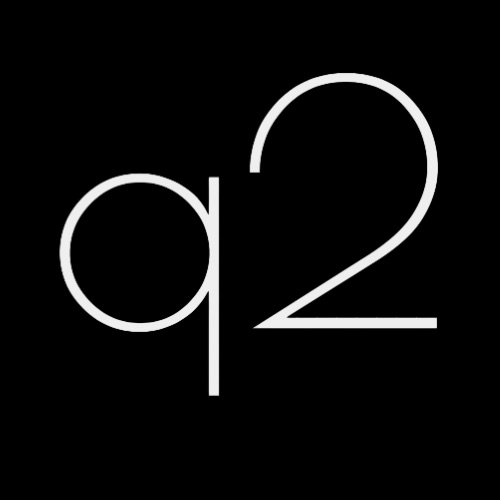Daily Zinc Needs: What You Should Know
- Marcus Fairley
- May 21, 2024
- 2 min read
At q2 Nutrition, our commitment to "The pursuit of healthiness" drives us to provide valuable insights into essential nutrients like zinc and offer premium supplements to support your overall well-being. Zinc plays a crucial role in numerous bodily functions, from immune system health to wound healing and cognitive function. In this blog post, we'll delve into the daily zinc requirements and best practices for supplementation, highlighting the benefits of our Liquid Zinc Ultra along the way.
Understanding Zinc and Its Importance
Zinc is an essential mineral required for the proper functioning of over 300 enzymes in the body. It plays a critical role in immune function, DNA synthesis, protein synthesis, wound healing, and cell division. Despite its importance, the body does not store zinc, so it must be obtained regularly through diet or supplementation.
Daily Zinc Requirements
The recommended daily intake of zinc varies depending on age, sex, and life stage. Here are the general guidelines for zinc intake:
Infants (0-6 months): | 2 mg/day |
Infants (7-12 months): | 3 mg/day |
Children (1-3 years): | 3 mg/day |
Children (4-8 years): | 5 mg/day |
Children (9-13 years): | 8 mg/day |
Adolescents (14-18 years): | 11 mg/day for males, 9 mg/day for females |
Adults (19+ years): | 11 mg/day for males, 8 mg/day for females |
Pregnant and lactating women: | 11-13 mg/day |
Best Practices for Zinc Supplementation
While it's possible to meet your daily zinc needs through diet alone, supplementation may be necessary for individuals at risk of deficiency or those with increased zinc requirements. Here are some best practices for zinc supplementation:
1. Choose the Right Form:
Zinc supplements are available in various forms, including zinc gluconate, zinc acetate, and zinc citrate. Opt for a highly bioavailable form like zinc citrate, which is more easily absorbed by the body.
2. Consider Your Individual Needs:
Factors such as age, diet, health status, and medication use can influence your zinc requirements. Consult with a healthcare professional to determine if supplementation is necessary and the appropriate dosage for your needs.
3. Pay Attention to Dosage:
While zinc is essential for health, excessive intake can lead to adverse effects, including nausea, vomiting, and impaired immune function. Stick to the recommended dosage unless otherwise advised by a healthcare provider.
4. Take with Food:
Zinc supplements are best absorbed when taken with food. This can help minimize gastrointestinal side effects and enhance absorption.
Why Choose q2 Nutrition’s Liquid Zinc Ultra?
Our Liquid Zinc Ultra offers a convenient and effective way to meet your daily zinc needs. Here's why our product stands out:
High Bioavailability: | Our liquid formula ensures rapid absorption and maximum utilization by the body, providing superior results compared to traditional zinc supplements. |
Versatile and Easy to Use: | Simply add a few drops of our liquid zinc to water or juice for a quick and convenient way to boost your zinc intake. |
Gentle on the Stomach: | Our liquid formula is well-tolerated and ideal for individuals with sensitive stomachs or difficulty swallowing pills. |
Incorporating Zinc into Your Daily Routine
Adding our Liquid Zinc Ultra to your daily routine is simple. Take the recommended dosage as directed by a healthcare professional, either alone or mixed with your favorite beverage. Consistency is key, so make it a part of your daily wellness regimen for optimal health.
Understanding your daily zinc requirements and ensuring adequate intake is essential for supporting overall health and well-being. With q2 Nutrition’s Liquid Zinc Ultra, you can conveniently and effectively meet your zinc needs and enjoy the numerous health benefits this essential mineral provides. Visit our product page today to learn more and start prioritizing your health with q2 Nutrition.






Comments